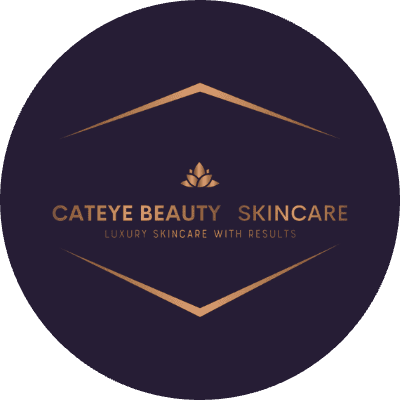Mineral vs. Chemical Sunscreen: A Guide to Choosing the Right Protection

As we embrace more outdoor activities this summer, we have more concern for safeguarding ourselves against the sun's harmful UV rays and lowering the risk of skin cancer and premature aging. While seeking shade remains the top preventive measure, using sunscreen becomes essential when exposure is unavoidable.
When confronted with the multitude of sunscreen options labeled as physical, mineral, or chemical, it may become daunting to distinguish their functions and effectiveness in shielding against the sun's rays.
Mineral sunscreens, using ingredients such as titanium dioxide and zinc oxide, create a protective layer on the skin that reflects UV light rather than being absorbed. The physical barrier formed by mineral sunscreens offers superior protection, physically separating your skin from the sun. Their distinctive white appearance serves as a visual cue for reapplication every two hours. Tinted mineral sunscreens provide an option for a more natural blend, catering to various skin tones.
On the other hand, chemical sunscreens rely on absorbing UV rays by altering their chemical composition to mitigate sun damage. While chemical sunscreens are more lightweight and easier to apply than mineral variants, they require more frequent reapplication due to quicker wear-off, especially after swimming or sweating.
Hybrid sunscreens combine mineral and chemical components to offer a thinner formulation that is easier to rub in. However, regardless of the sunscreen type chosen, ensuring proper application and adherence to reapplication schedules is vital for optimal protection.
In addition to sunscreen, clothing with an Ultraviolet Protection Factor (UPF) and wide-brimmed hats provide an extra physical barrier against the sun. Whether chemically treated or tightly woven, UPF clothing should be carefully selected for maximum sun protection, particularly in darker colors or tighter weaves.
The key takeaway, is to prioritize sun safety by selecting a sunscreen with an SPF of 30 or higher, regardless of its formulation. While no sunscreen may be perfect, any protection is better than none.
Contact Us
Get In Touch With Us
Feel free to reach out to us, we're here to assist you on your journey to radiant, healthy skin. Whether you have questions about our services, want to book an appointment, or simply wish to learn more about how we can help you achieve your skincare goals, we're just a phone call or email away.
